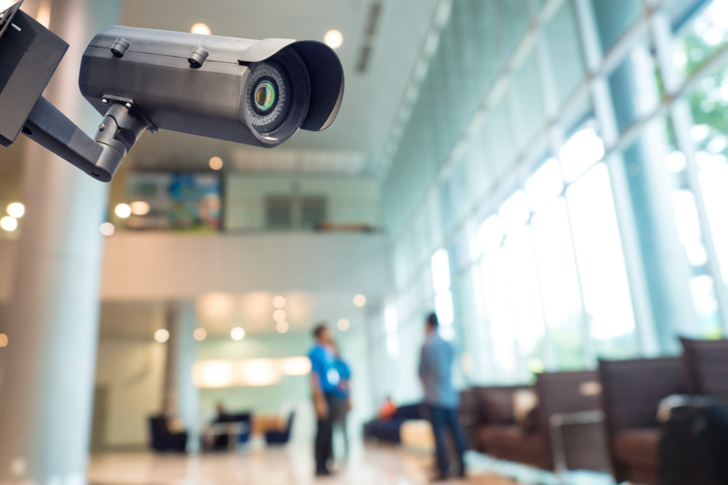In today's fast-paced world, integrating security cameras into your business's safety protocol is crucial to ensuring protection and peace of mind.

Security cameras are not just a luxury but a necessity for modern businesses. They provide critical surveillance and act as a deterrent against criminal activities, thereby ensuring protection for your assets, employees, and customers.
Before investing in security cameras, conduct a thorough assessment of your business's security needs. Identify vulnerable areas such as entrances, exits, and blind spots. Determine if additional features like night vision, motion detection, or remote access are required.
Mount security cameras at an optimal height and angle to cover the maximum area without blind spots. Common mistakes include placing cameras too high, rendering faces unidentifiable or too low, making them susceptible to tampering.
Opt for DVR (Digital Video Recorder) or NVR (Network Video Recorder) systems for storing footage. These systems offer better resolution and storage capacity compared to traditional analog solutions.
Limit access to recorded footage to authorized personnel only. Implement robust password policies and regularly update credentials to prevent unauthorized access.
Motion detection reduces the amount of unnecessary footage and alerts you to any suspicious activity. Configure sensitivity settings to avoid false alarms triggered by trivial movements.
Remote monitoring allows business owners to keep an eye on their premises from anywhere. Ensure your security system is compatible with mobile devices for real-time surveillance and quick response.
Conduct regular inspections to ensure cameras are functioning correctly. Check the lenses for dust or obstruction, verify the integrity of cables, and confirm that the footage is being recorded properly.
Keep the firmware and software of your security camera system updated to protect against vulnerabilities. Manufacturers often release updates to enhance features and patch security flaws.
Before installing security cameras, familiarize yourself with local regulations regarding surveillance in workplaces. In many regions, businesses are required to inform employees about monitoring policies.
To maintain trust and avoid legal complications, be transparent with employees about the purpose and location of security cameras. Establish clear policies on privacy and usage.
Security cameras are a pivotal element in ensuring the protection of your business. By carefully selecting, installing, and maintaining these devices, you can safeguard your assets, employees, and customers, thus creating a secure and trustworthy business environment.
Explore the Tranquil Bliss of Idyllic Rural Retreats

Ultimate Countdown: The 20 Very Legendary Gaming Consoles Ever!

Understanding Halpin and its Influence

Affordable Full Mouth Dental Implants Near You

Discovering Springdale Estates

Illinois Dentatrust: Comprehensive Overview

Embark on Effortless Adventures: Unveiling the Top in Adventures Made Easy Outdoor Equipment

Unveiling Ossur Valves: Innovation in Prosthetics

Unlock the Full Potential of Your RAM 1500: Master the Art of Efficient Towing!
